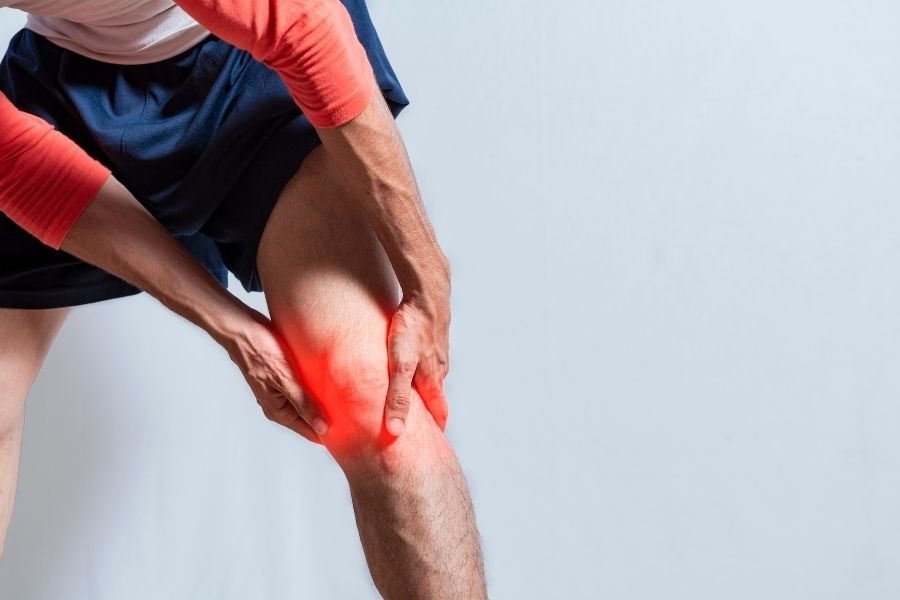
Muscle aches are pain in the muscles, whereas muscle cramps are often described as uncontrolled and painful contractions of the muscles. The most commonly affected areas include muscles at the back of the lower leg, thigh, arms, shoulder and rib cage. Muscle aches or cramps happen most frequently when a muscle is overused or injured, for example, after intense exercise or physical activities.
Other factors that may cause muscle aches or cramps include:
- Not drinking enough water
- Having a history of alcohol abuse
- Pregnancy
- Changes in the concentration of electrolytes, such as magnesium or potassium, in your body
- Stress or tension
- Some medicines such as statins that are used to treat cholesterol
- Certain medical conditions such as a flu
What you can do
For muscle pain due to overuse or injury, you should stop the physical activity and rest to reduce the pain. The following tips might help improve your condition:
- Apply a cold or warm pad to reduce the pain. Use a cold pad if the injury happened within 24-72 hours to reduce pain and inflammation. If the injury happened more than 72 hours ago, use a warm pad instead to relieve the muscle pain.
- Stretching and massaging the cramped muscle might help in relaxing and improving the flexibility of the muscles.
- Drink plenty of water during and after exercise. Some sport drinks can also help to replace electrolytes lost from your sweat.
- You can check with your doctor or pharmacist on suitable painkillers to use to reduce your pain.
You can prevent muscle pain / cramps
- Avoid overusing your muscle and perform exercise or physical activities within your ability
- Drink sufficient water during exercise or physical activities
- Stretch your muscles before and after exercise or physical activity
When to see a doctor
Check with your doctor if you have
- Muscle pain that lasts more than 3 days
- Very bad, unexplained pain
- Any signs of inflammation, such as swelling or redness around the tender muscle
- Muscle pain after starting or changing your dose of cholesterol medicine
Updated in Nov 2018
This article does not take the place of talking to your doctor or pharmacist. People with special health needs such as babies, children below 12 year old, elderly and pregnant ladies should see a doctor instead of self-treatment. Always read the instructions and warnings on the package before taking any medicine.
.png)



















































